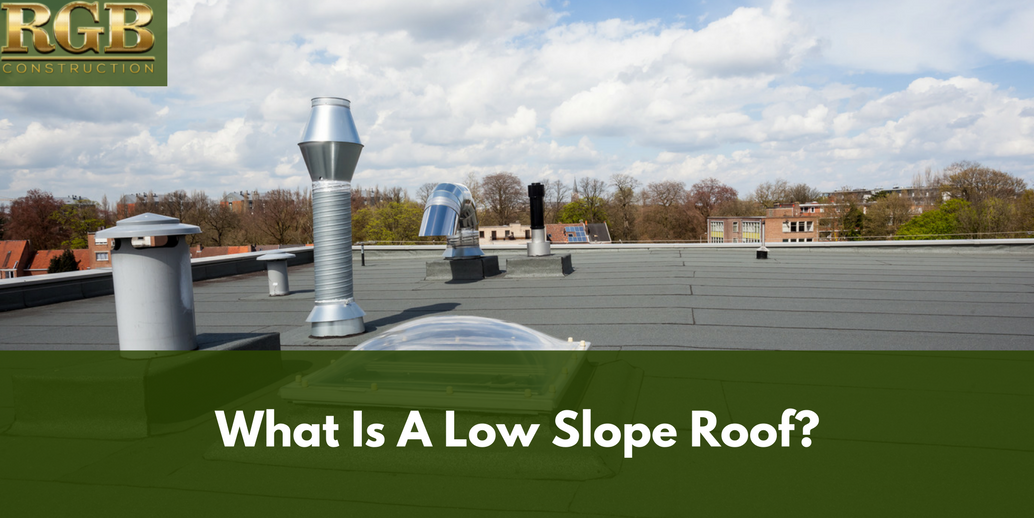A channeled component installed along the downslope perimeter of a roof to convey runoff water from the roof to the drain leaders or downspouts.
Hot mop roof definition.
The corners are reinforced with fiberglass bedded into the asphalt.
To begin the hot mop process a layer of hot asphalt will be spread on top of the roof s base sheet.
Hot mopped roofs are durable low cost options compared with others types of roofs.
Both of these options provide an effective way to waterproof a roof creating a base that will stand up to weather while keeping the inhabitants of the building dry.
They are designed for roofs with shallow pitches where the rise is no more than 4 inches in every 12 inches.
By burgertime april 21 2003.
It serves to protect the base sheet on your roof and keep it watertight.
Hot mop unknown.
Flashing is used around roof features as required.
The hot asphalt is laid out evenly with a large heated mop over the surface.
Acts as a bitumen stop during mop application of hot bitumen along a perimeter edge.
Hot mop roofing and torch down roofing are both popular roofing options for flat roofed structures.
Hot mopping is using hot asphalt to bed three layers of felt together to make a waterproof pan for your shower.
A built up hot mop roof consists of layers of felt and asphalt over a bed of rosin paper.
It s also called hot mop roofing or built up roofing because of the techniques used.
Installed along the perimeter of a roof to provide a continuous finished edge for roofing material.
Regardless of how the material is applied self adhesive sheets hot mopped asphalt or cold applied adhesives the seams are usually melted together which help stop leaks.
Bitumen roofs are one of the longer lasting types of flat roofing materials easily lasting 20 years or more.
In the past most commercial buildings and other flat top structures including homes were topped with tar and gravel roofing.
Hot mop is the process of paint brushing a girls face after one deposits his load on her forehead.
Applying the hot mop in progress is the second step to a general re roofing process acting as a secondary barrier between dry materials and tiles.

